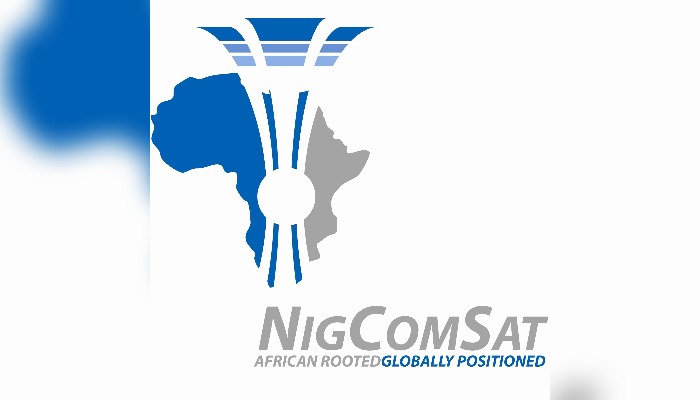The Nigerian Communications Satellite Limited (NIGCOMSAT) has announced plans to generate N8 billion in the next three years, banking on strategic partnerships to unlock its largely underutilised broadband capacity.
Mrs Jane Egerton-Idehen, the managing director of NIGCOMSAT, disclosed this during a stakeholder roundtable in Lagos on Friday, stressing that the agency’s future growth lies in broadband expansion through collaboration with private sector players.
Egerton-Idehen explained that broadband services, though NIGCOMSAT’s most profitable product line, remain vastly untapped with only seven per cent utilisation. She noted that 93 percent of the satellite’s broadband capacity is still idle despite its wide applications in education, healthcare, defence, governance, and financial services.
“We know broadband has greater value and wider use cases, from connecting local government offices to supporting education, defence, healthcare and even fintech. The challenge is that we cannot do it alone,” she said.
Egerton-Idehen highlighted recent milestones, including the agency’s successful Project 774 initiative, which provided internet connectivity to 45 local government secretariats across eight states within two months, a feat terrestrial fibre operators could not match. She also pointed to ongoing projects that connect naval ships and remote communities.
However, she admitted that NIGCOMSAT’s manpower of about 250 staff is insufficient to cover the market alone. “Our role is to provide the service backbone and support partners to take it to the market. We are not set up to compete directly with consumer operators,” she said.
Comparing NIGCOMSAT with global peers, she noted that Egypt’s NALSAT generates about $150 million annually, while Nigeria LNG has also demonstrated the profitability of government-backed enterprises. “Our N8 billion target, which translates to only three to four million dollars, is modest if we focus and work with the right partners,” she added.
Stakeholders cautioned that NIGCOMSAT’s market traction remains weak partly due to public perception of the company as a bureaucracy rather than a commercial entity. They noted that foreign operators like Starlink have already captured significant market share.
To address this, participants recommended policy interventions that would encourage or mandate government agencies to prioritise NIGCOMSAT services over foreign competitors.
Egerton-Idehen assured partners that NIGCOMSAT would provide technical support, co-branded marketing, and a flexible business model to foster growth. “This is the next chapter for NIGCOMSAT. We want to build it with you, our partners, because we cannot do it alone,” she asserted.
Royal Ibeh is a senior journalist with years of experience reporting on Nigeria’s technology and health sectors. She currently covers the Technology and Health beats for BusinessDay newspaper, where she writes in-depth stories on digital innovation, telecom infrastructure, healthcare systems, and public health policies.


